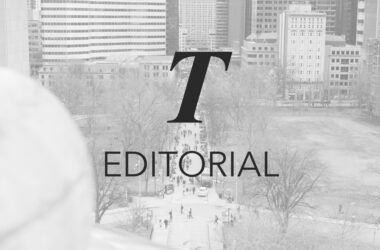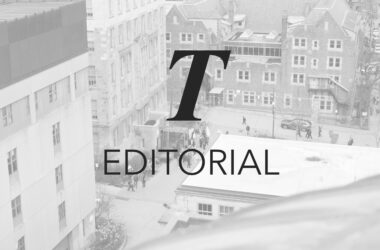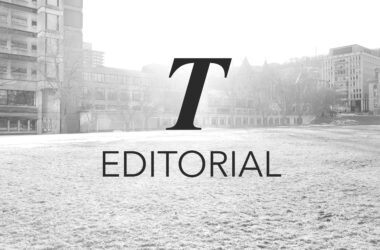There are many areas in which France is worth emulating. The French have impressive universal health care, a generous day care system, and they enjoy a high standard of living. But unfortunately, the Parti Québécois and certain elements of Quebec society seem hell-bent on copying one of the worst aspects of French culture: religious paranoia.
One hundred Quebec intellectuals – including two McGill professors – recently signed a petition to ban public servants from wearing religious symbols, such as the hijab, yarmulke, or cross. According to The Gazette, the PQ has also been pushing for a “charter of secularism” that calls for reforms similar to the petition.
Such a ban would trample Canadians’ right to individual expression. It would take Quebec down the road of what Montreal lawyer and McGill law professor Julius Grey has termed “secular radicalism.”
Such a proposal acts on a skewed assumption that a religious symbol somehow impedes public servants from doing their job or changes others’ perception of them. Most religious symbols are discrete, personal expressions of faith that have no bearing on an individual’s professionalism. Religious expression has become a ridiculous bogeyman – Quebec’s government services are wholly secular, and a ban on religious symbols would “address” a problem that doesn’t exist.
The Liberal Party of Quebec has responded by tabling Bill 94, which would require government employees as well as anyone receiving a provincial service to have his or her face uncovered. The bill amounts to a ban on religious face coverings such as the niqab in hospitals, the education sector, and social services.
Although the niqab is a religious symbol, we feel that banning provincial employees from wearing it seems sensible. As an employer, the Quebec government has the right to set reasonable guidelines on dress and uniforms. The Tribune feels that an uncovered face is an appropriate standard for the province to demand of its employees.
But prohibiting citizens from wearing face coverings while using all public services seems unnecessary. Persons wearing niqabs would have to unveil themselves whenever public officials decide that face-to-face contact is required to further the interests of “security, communication, or identification.” Requiring unveiling for “communication” purposes is too vague and is a problematic standard. It’s understandable why a covered face can be an impediment to security or identity, but a piece of fabric doesn’t impede communication.
Furthermore, there are approximately 25 women in Quebec who wear the niqab, according to Maclean’s. Therefore, this bill is a sweeping overreaction to a small issue. Deal with religious accommodation cases on an individual basis, instead of unnecessarily banning the niqab from all facets of provincial government.









